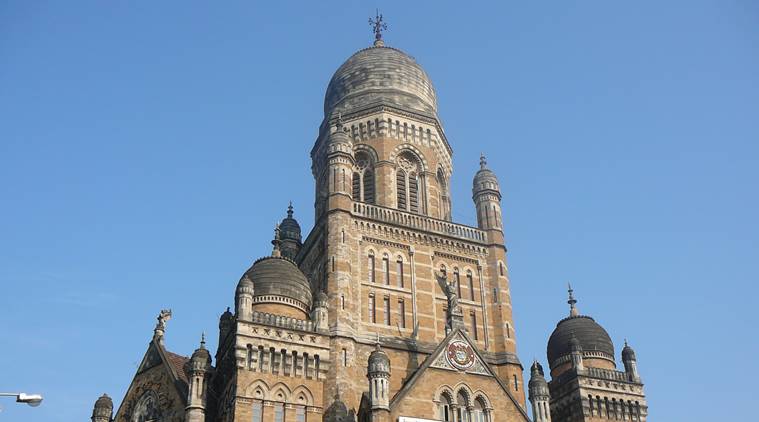Stay updated with the latest - Click here to follow us on Instagram
Mulund: World’s largest bio-mining project set to start this year
“Bio-mining has happened on a small scale in cities like Bangalore, Triambakeshwar and Nandurbar in India and in South Korea, Germany and USA. This project on 24 hectares would be the largest in the world,” said Dr Sanjay Mukherjee, Additional Municipal Commissioner (Projects).
 Under the Mulund project, only 25 per cent of waste would be allowed to be transported as inert for landfill. Rest will have to be processed in situ or recycled. The idea is to capture methane trapped in organic waste at the dumping ground and use it to generate energy.
Under the Mulund project, only 25 per cent of waste would be allowed to be transported as inert for landfill. Rest will have to be processed in situ or recycled. The idea is to capture methane trapped in organic waste at the dumping ground and use it to generate energy.
THE BRIHANMUMBAI Municipal Corporation (BMC) is set to carry out the world’s largest bio-mining project at the Mulund dumping ground. The civic body has finalised a five-year contract with Mumbai-based Prakash Constrowell Limited to reclaim the dumping ground at a cost of Rs 558 crore. Officials said the project will result in the recovery of 24 hectares, and bio-mining of 7 million tonnes of solid waste. BMC has set a target to start the project in the 2018-19 financial year.
“Bio-mining has happened on a small scale in cities like Bangalore, Triambakeshwar and Nandurbar in India and in South Korea, Germany and USA. This project on 24 hectares would be the largest in the world,” said Dr Sanjay Mukherjee, Additional Municipal Commissioner (Projects).
He added that subject on bio-mining mining was also a part of the Indo-EU joint technical cooperation on solid waste. “In Deonar, we are focusing on waste to energy project. Once Mulund project is up and going, Deonar would be the next in line,” he said.
Under the Mulund project, only 25 per cent of waste would be allowed to be transported as inert for landfill. Rest will have to be processed in situ or recycled. The idea is to capture methane trapped in organic waste at the dumping ground and use it to generate energy.
In addition, this will be the first project with 100 per cent electronic management, Mukherjee said. “The entire area will be monitored by a CCTV system. Everything from the weigh bridges to processing units will have an IT-based system monitoring real time data.”
Experts from IIT-Bombay had taken borewells to understand the composition of the dumpsite. “The Mulund dumping site was studied by a committee consisting of an IIT professor and NEERI director, along with another expert in the field of public-private partnerships. We had also consulted Professor Fikile from Austria, an expert. After studying all alternatives, it was decided that entire site should be reclaimed, not only because it was environmentally more sustainable but also since the value of the land reclaimed would pay for the cost of the project several times over,” said Mukherjee.
“We have shortlisted the lowest bidder for the work. Prakash Constrowell Limited quoted Rs 558 crore, 11 per cent less than the estimated cost of Rs 630 crore. The firm is experienced and is engaged in similar kind of project in Nashik,” he added.
Officials said the contractor will get the rights to sell the energy and gas that will be generated from the dumping ground’s organic waste. It will also be allowed to sell recycled products like brick blocks, which will be made from debris and plastic waste. A senior BMC official said the plan will now be tabled before the standing committee for its final approval, following which the work order will be issued.







